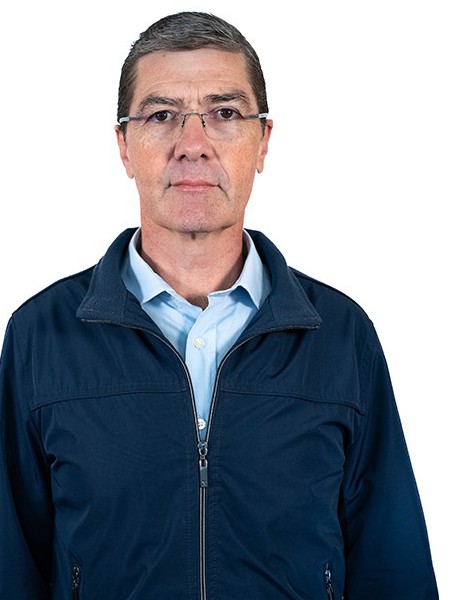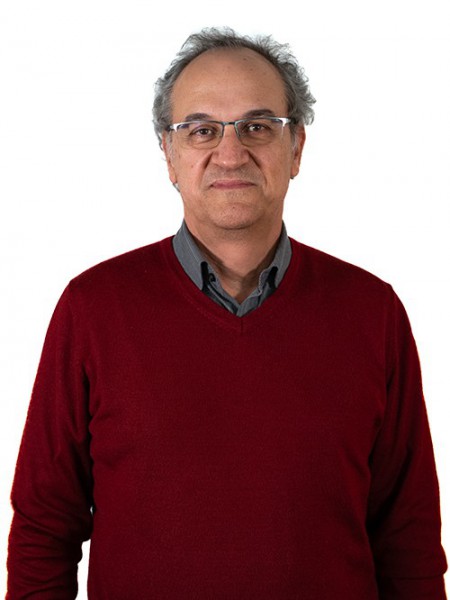abstract
The tribological behavior of tenfold micro/nanocrystalline CVD diamond multilayers is here investigated in self mated configuration using ball-on-plate reciprocating wear testing. The effects of relative humidity (RH) and temperature (T) on friction and wear coefficients are assessed. The strongest effect of humidity was found on the value of the critical load (no delamination) that triples from 40 N at 10%RH to 120 N at 90%RH. Evaluation of the wear coefficients of the plates was only possible with the use of 3D optical profilometry. A valley-shaped evolution is observed for the wear coefficient of the plates, within the 10% to 90% RH range, with a minimum of about 1.7x10(-7) mm(3)N(-1).m(-1), indicative of a mild wear regime, whereas the balls have lower values in the very mild wear regime of k - 10(-8) mm(3)N(-1).m(-1). The clearest difference between the RH and temperature experiments is observed for the critical loads, limited to the range 40-55 N at 50-100 degrees C, while at room temperature a value of 120 N was reached. However, the critical loads at high temperature are similar to those attained under dry conditions (s25% RH) highlighting the absence of water as the load bearing medium. (C) 2016 Elsevier B.V. All rights reserved.
keywords
CHEMICAL-VAPOR-DEPOSITION; COATED SILICON-NITRIDE; RAMAN-SPECTROSCOPY; CUTTING TOOLS; GRAIN-SIZE; FILMS; FRICTION; PERFORMANCE; BEHAVIOR; NANO
subject category
Materials Science
authors
Shabani, M; Abreu, CS; Gomes, JR; Silva, RF; Oliveira, FJ
our authors
acknowledgements
This work was developed within the scope of project POCI-01-0247FEDER-006318 co-financed by FEDER through the POCI program and project CICECO-Aveiro Institute of Materials, POCI-01-0145-FEDER007679 (FCT Ref. UID/CTM/50011/2013), financed by national funds through the FCT/MEC and when appropriate co-financed by FEDER under the P12020 Partnership Agreement. A.J.S. Fernandes from Physics Department of Aveiro University is gratefully acknowledged for the Raman spectroscopy.




